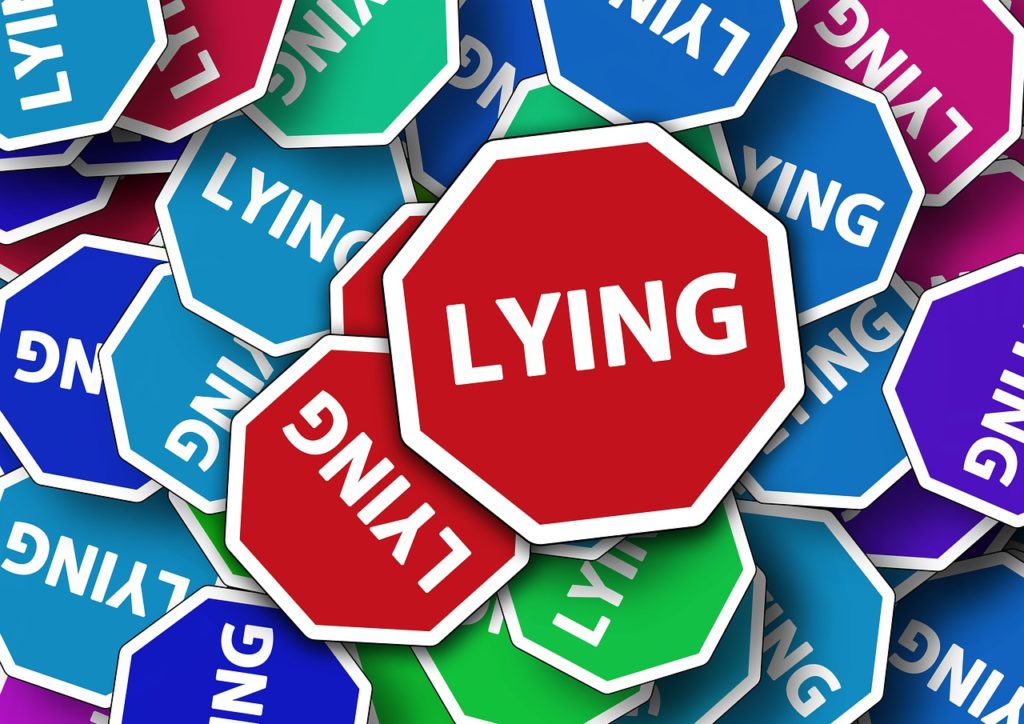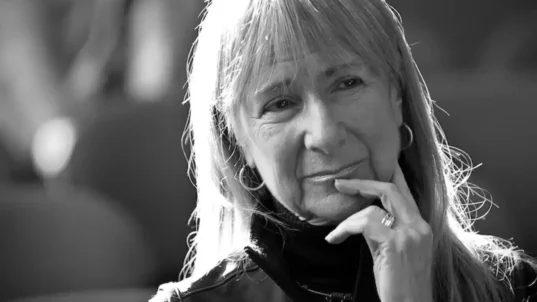
Image by Gerd Altmann from Pixabay
Brian Wansink was born in Iowa in 1960. He came from a blue-collar family who valued education. Eventually he earned a Ph.D. in marketing from Stanford University and went on to teach at the Tuck School of Business at Dartmouth and the Wharton School at the University of Pennsylvania. He had subsequent academic appointments at the University of Illinois and at Cornell.
His research work focused on how people make food choices. Based on his research, he became the executive director of the USDA Center for Nutrition Policy and Promotion. His work informed Americans on nutrition and eating guidelines.
Unfortunately, much of the work that he published, work that informed national nutritional guidelines, included inaccuracies. A number of his research papers were retracted. He was found to have distorted the results of his research by ignoring results that were unfavorable to his hypotheses. He eventually resigned from his position at Cornell after the school determined he had committed scientific misconduct.
How is the general public to know what to believe when there is a growing trend of experts reporting results that are later proven to be wrong? Wikipedia has a section called List of Scientific Misconduct Incidents that covers virtually all areas of misconduct including those in STEM fields, the social sciences, and even the humanities.
Just imagine how these false research findings have impacted our trust in evidence-based research. There is little wonder how politicians and others can create doubt in challenging public policies. Climate science and vaccine effectiveness are the latest targets of those who want to call scientific studies into question. How are we in the public to know what’s valid and what isn’t?
Now imagine the future of these misleading research findings when they enter the world of artificial intelligence (AI). Might they become the catalyst for a growing epidemic of conspiracies? With AI, it will be “garbage in, garbage out” on steroids.
How can a democracy survive when there is no longer a way for average citizens to understand what is the truth? If we are swamped in untruths, how will we make informed decisions about the direction of our lives—and the direction of our society? What steps can we take to help our democracy survive the coming wave of AI?
* * *
“Truth is so hard to tell, it sometimes needs fiction to make it plausible.” – Francis Bacon, philosopher who is often credited with developing the scientific method
This is part of our “Just Imagine” series of occasional posts, inviting you to join us in imagining positive possibilities for a citizen-centered democracy.


